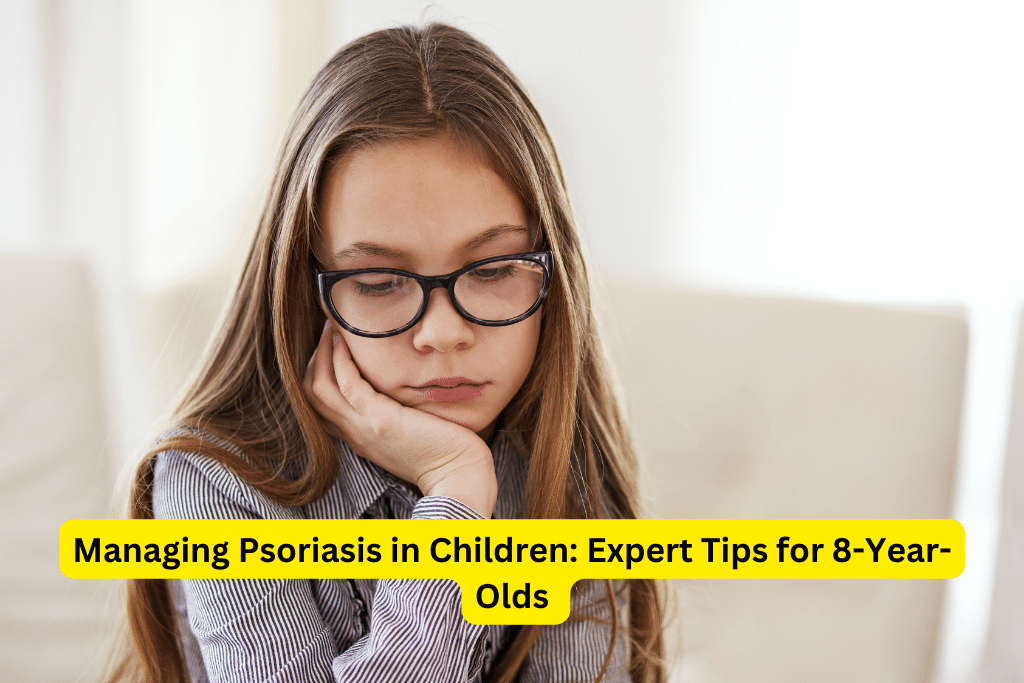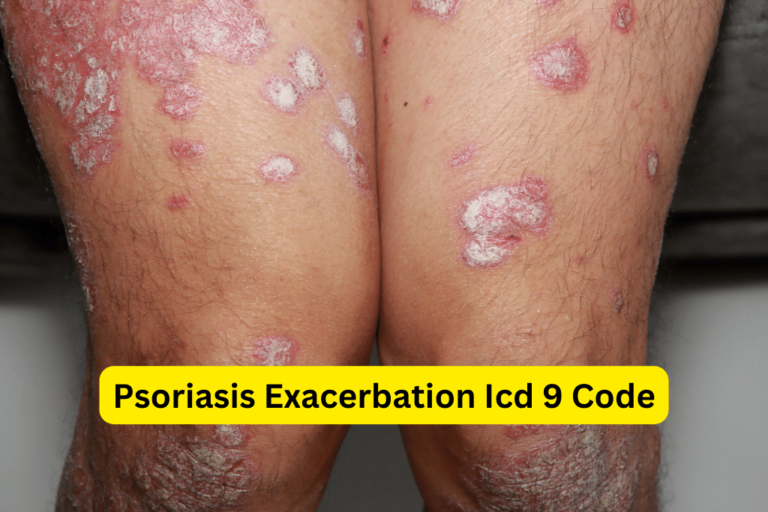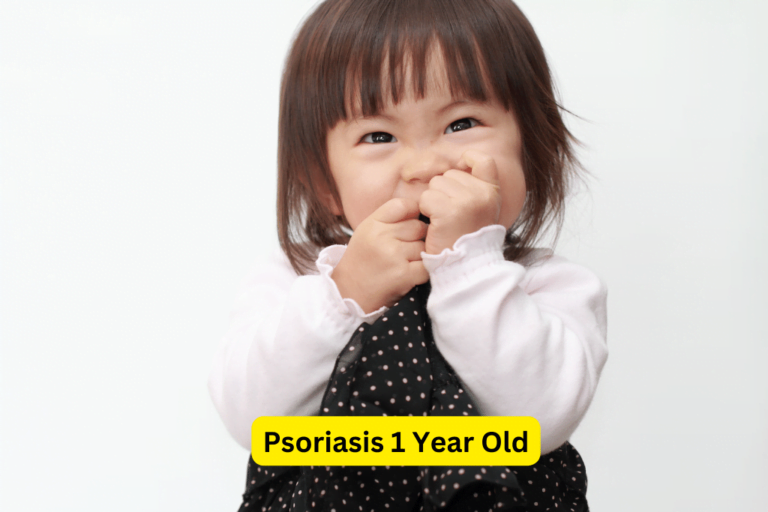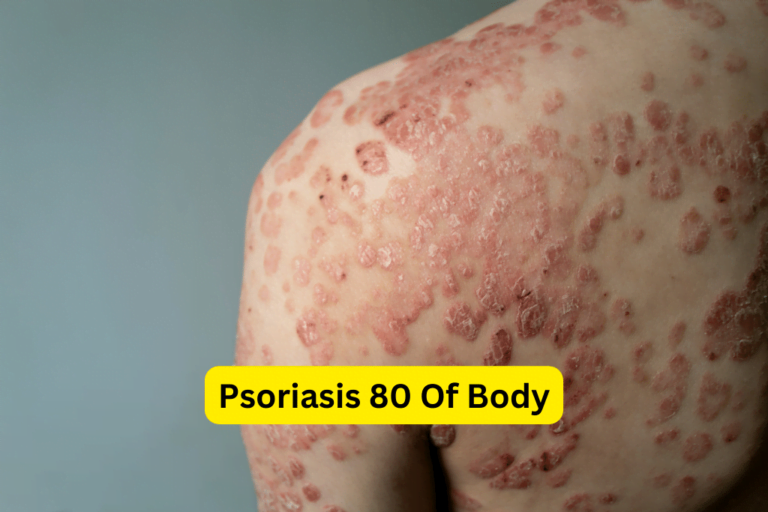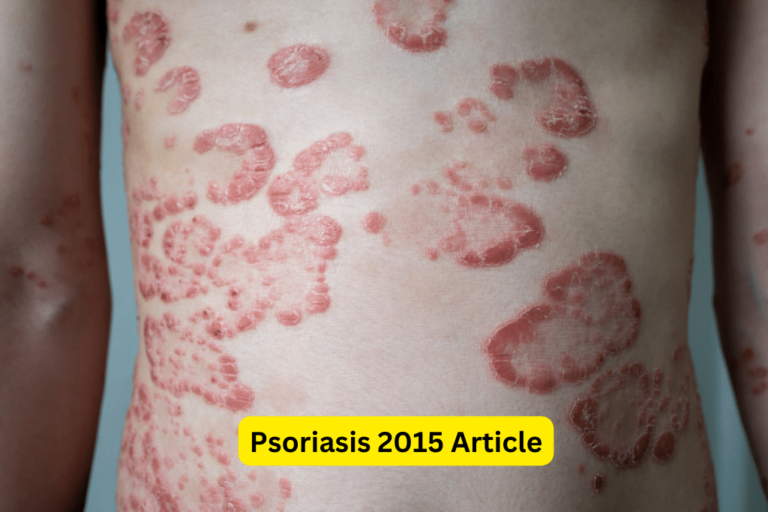Managing Psoriasis in Children: Expert Tips for 8-Year-Olds
Psoriasis Barn 8 År
Psoriasis is a chronic autoimmune condition that affects the skin and can have a significant impact on both physical and emotional well-being. While psoriasis can occur at any age, it is particularly challenging for 8-year-olds who are still developing both physically and mentally. In this comprehensive guide, we will explore effective ways to manage psoriasis symptoms in 8-year-olds, discuss treatment options, and provide expert advice on providing the best possible care for your child.
Section 1: Understanding Psoriasis in 8-Year-Olds
Psoriasis is characterized by the rapid growth of skin cells, causing red, itchy, and scaly patches to form on the surface of the skin. It is believed to be caused by a combination of genetic and environmental factors, although the exact causes are still not fully understood. While psoriasis can affect people of all ages, it is important to note that around one-third of all psoriasis cases develop in childhood.
Psoriasis in 8-year-olds presents unique challenges due to the age of the child. At this stage, children are more aware of their appearance and may be more sensitive to the social impact of psoriasis. It is important for parents and caregivers to provide emotional support and help children navigate these challenges.
Section 2: Diagnosis and Medical Evaluation
Diagnosing psoriasis in 8-year-olds usually involves a combination of physical examination, medical history, and sometimes, a skin biopsy. It is important to seek medical evaluation to obtain an accurate diagnosis and rule out other skin conditions. Dermatologists and pediatricians play a crucial role in diagnosing and managing psoriasis in children and can provide guidance on the best treatment options.
Section 3: Managing Psoriasis Symptoms in 8-Year-Olds
Managing psoriasis symptoms in 8-year-olds requires a comprehensive approach that encompasses skincare routines, managing itching and discomfort, lifestyle modifications, and emotional well-being:
- Daily skin care routines: Regular bathing, gentle cleansing, and moisturizing help keep psoriasis flare-ups under control.
- Managing itching and discomfort: Applying cool compresses and using over-the-counter or prescription creams can help alleviate itching and discomfort.
- Lifestyle modifications: Identifying triggers such as stress, certain foods, and environmental factors can help reduce psoriasis flare-ups. Encouraging a healthy lifestyle with a balanced diet and regular exercise can also make a difference.
- Supportive measures: It is crucial to provide emotional support, promote self-esteem, and encourage open communication to address the impact of psoriasis on a child’s emotional well-being.
Section 4: Treatment Options for Psoriasis in 8-Year-Olds
Treatment options for psoriasis in 8-year-olds may vary depending on the severity of the condition and individual factors. Some common treatment options include:
- Topical creams and ointments: These are commonly used as a first-line treatment to reduce inflammation and control symptoms.
- Phototherapy and light therapy: Exposing the affected skin to specific wavelengths of light can effectively manage psoriasis flare-ups.
- Systemic medications and biologics: In more severe cases, oral or injectable medications may be prescribed to reduce symptoms and inflammation.
- Alternative and complementary therapies: Some children may find relief through therapies such as acupuncture, yoga, or aromatherapy. It is essential to discuss these options with a healthcare professional.
Section 5: Expert Advice and Recommendations
Seeking advice from dermatologists, pediatricians, or other experts specializing in psoriasis in children is valuable. Experts can provide specific guidance, treatment recommendations, and suggestions on how to navigate the challenges of managing psoriasis in 8-year-olds.
Section 6: Supporting Your Child’s Emotional Well-being
The emotional impact of psoriasis in 8-year-olds should not be overlooked. Supporting your child’s emotional well-being is as important as managing physical symptoms:
- Fostering self-esteem and body positivity: Encourage your child to focus on their strengths and achievements, and help them develop a positive body image.
- Family support: Create an open and supportive environment at home where your child feels comfortable expressing their feelings and concerns.
- Therapy: Consider professional therapy or counseling to provide additional support and coping mechanisms for your child.
- Peer interactions: Encouraging social activities and interactions with peers can help build confidence and provide emotional support.
Section 7: Coping with Psoriasis in School and Social Settings
Psoriasis can present unique challenges for 8-year-olds in school and social environments. Here are some strategies to help:
- Managing stigma and self-consciousness: Educate your child about psoriasis and provide them with tools to respond to questions or comments from peers.
- Communicating with teachers and classmates: Speak with your child’s teachers about psoriasis, its impact, and ways they can support your child in the classroom.
- Addressing bullying: Stay vigilant for signs of bullying and take appropriate action if necessary. Encourage your child to report any instances of bullying.
Section 8: Long-Term Outlook and Prognosis
The long-term outlook for children with psoriasis varies from individual to individual. While there is currently no cure for psoriasis, many children experience periods of remission where symptoms improve or disappear entirely. Ongoing care, regular monitoring, and follow-up appointments with healthcare professionals play a crucial role in managing psoriasis in the long term.
Conclusion
In conclusion, managing psoriasis in 8-year-olds requires a holistic approach that addresses both physical symptoms and emotional well-being. Early diagnosis, appropriate treatment, and emotional support are key factors in ensuring the best possible care for children with psoriasis. We encourage parents and caregivers to seek medical advice and support tailored to their child’s specific condition, and remember that with proper management, psoriasis can be effectively controlled.
"Have You Seen Mike Walden's new holistic acne System yet? It's called "Acne No More" I've read the whole thing (all 223 pages) and there's some great information in there about how to naturally and permanently eliminate your acne without drugs, creams or any kind of gimmicks. I highly recommend it - it's very honest and straightforward without all the hype and b.s. you see all over the net these days. Here's the website where you can get more information:
Click Here -->AcneNoMore


